6 start with O start with O
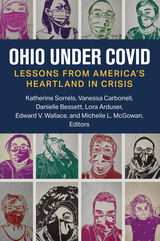
In early March of 2020, Americans watched with uncertain terror as the novel coronavirus pandemic unfolded. One week later, Ohio announced its first confirmed cases. Just one year later, the state had over a million cases and 18,000 Ohioans had died. What happened in that first pandemic year is not only a story of a public health disaster, but also a story of social disparities and moral dilemmas, of lives and livelihoods turned upside down, and of institutions and safety nets stretched to their limits.
Ohio under COVID tells the human story of COVID in Ohio, America’s bellwether state. Scholars and practitioners examine the pandemic response from multiple angles, and contributors from numerous walks of life offer moving first-person reflections. Two themes emerge again and again: how the pandemic revealed a deep tension between individual autonomy and the collective good, and how it exacerbated social inequalities in a state divided along social, economic, and political lines. Chapters address topics such as mask mandates, ableism, prisons, food insecurity, access to reproductive health care, and the need for more Black doctors. The book concludes with an interview with Dr. Amy Acton, the state’s top public health official at the time COVID hit Ohio. Ohio under COVID captures the devastating impact of the pandemic, both in the public discord it has unearthed and in the unfair burdens it has placed on the groups least equipped to bear them.
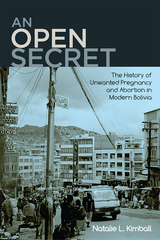
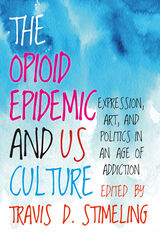
Written for an audience of people working on the front lines of the opioid crisis, the book is essential reading for social workers, addiction counselors, halfway house managers, and people with opioid use disorder. It will also appeal to the community of scholars interested in understanding how aesthetics shape our engagement with critical social issues, particularly in the fields of literary and film criticism, museum studies, and ethnomusicology.
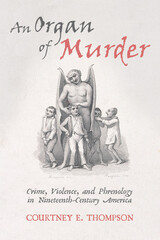
An Organ of Murder explores the origins of both popular and elite theories of criminality in the nineteenth-century United States, focusing in particular on the influence of phrenology. In the United States, phrenology shaped the production of medico-legal knowledge around crime, the treatment of the criminal within prisons and in public discourse, and sociocultural expectations about the causes of crime. The criminal was phrenology’s ideal research and demonstration subject, and the courtroom and the prison were essential spaces for the staging of scientific expertise. In particular, phrenology constructed ways of looking as well as a language for identifying, understanding, and analyzing criminals and their actions. This work traces the long-lasting influence of phrenological visual culture and language in American culture, law, and medicine, as well as the practical uses of phrenology in courts, prisons, and daily life.
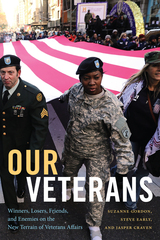
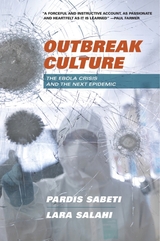
An award-winning genetic researcher who helped contain the Ebola outbreak and a prize-winning journalist reveal what it will take to prevent the next pandemic from spiraling out of control.
As we saw with our response to Ebola and Zika—and are seeing now with the disastrous early handling of the coronavirus COVID-19 outbreak—a lack of preparedness, delays in action, and large-scale system-wide problems with the distribution of critical medical resources can result in lost lives.
Outbreak Culture examines each phase of the 2014 Ebola outbreak in West Africa—one of the largest and deadliest epidemics to date—and identifies factors that prevented key information from reaching physicians. Drawing insights from clinical workers, data collectors, organizational experts, and public health researchers, Pardis Sabeti and Lara Salahi expose a fractured system that failed to gather and share knowledge of the virus and ensure timely containment. The authors describe how much more could have been done by global medical and political organizations to safeguard the well-being of caregivers, patients, and communities affected by this devastating outbreak and they outline changes that are urgently needed to ensure a more effective coordinated response to the next epidemic.
Secrecy, competition, and poor coordination plague nearly every major public health crisis—and we are seeing their deadly consequences play out again. A work of fearless integrity and unassailable authority, Outbreak Culture seeks to change the culture of responders.
READERS
Browse our collection.
PUBLISHERS
See BiblioVault's publisher services.
STUDENT SERVICES
Files for college accessibility offices.
UChicago Accessibility Resources
home | accessibility | search | about | contact us
BiblioVault ® 2001 - 2024
The University of Chicago Press









